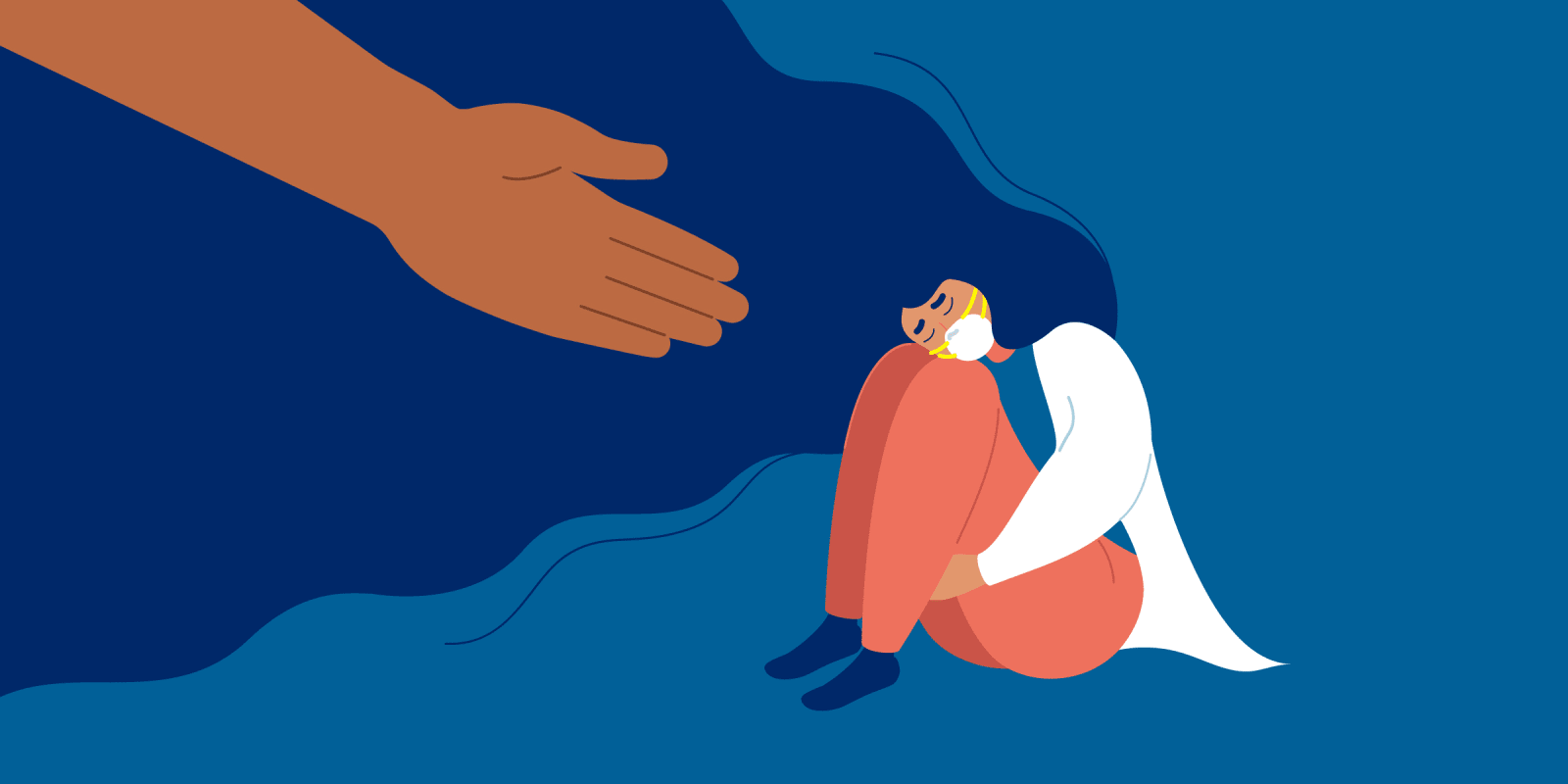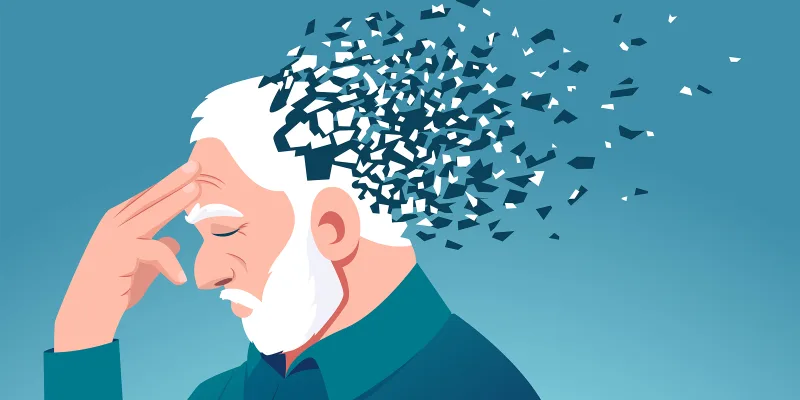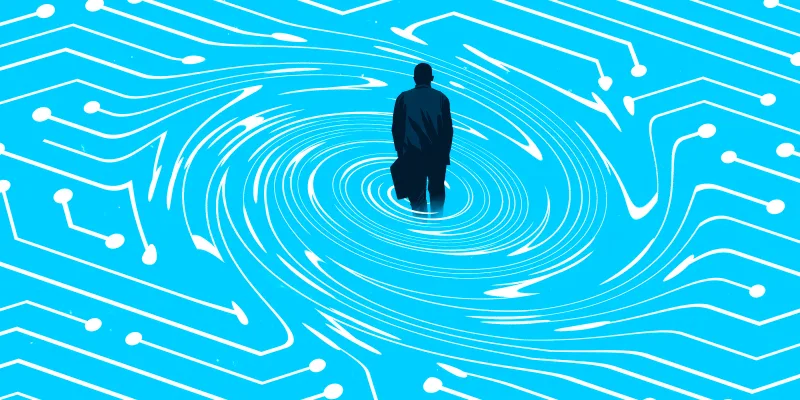In my first weeks of intern year, as all interns do, I spent long days in the hospital worrying about the health of my patients and my competency in taking care of them. I fell into habits I now know not to engage in – periodically checking on my sickest patients on my day off, never allowing my mind to fully leave the hospital, and always trying to fill my gaps in knowledge so I could return equipped with new solutions and treatment plans at the expense of allowing my mind, and body, to rest.
I remember one Friday evening being the wake-up call for how unsustainable this was. I was doing my personal check-in rounds on all my patients before leaving for the day. After talking to a family member at the bedside, I caught a slight change in behavior in one of my sick patients. I stayed behind to work her up, attempted to comfort her husband, and left hours after my colleagues convinced me there was nothing left to do but wait. That was the beginning of a cascade of events that led to an ICU transfer, an eventual arrest, and a final note. I couldn’t sleep watching everything transpire, going back through the entire hospital course looking for mistakes that could have been mine, the responsible doctor. The medical decision was sound – but my heart wasn’t. It was a hard lesson I learned in boundary setting, not only to help my patients, but to preserve myself. It was the first time I asked, “What is the cost of empathy?”
Upon reflection, the biggest lessons I’ve learned in empathy haven’t come from my actions toward my patients. Rather, they have come from moments in which I utterly failed. Being an intern has taught me in many ways to reflect inward and learn what should have been the most obvious lesson of all: I am human, too.
I can never forget holding an iPad so loved ones could be in the room of a dying patient. After weeks of conversations, they wanted an end to her suffering and to remove all of the mechanical support that artificially kept her alive. I monitored her labored breathing for any signs of pain to push boluses of comfort. When the family asked me not to leave – they wanted to stay with her longer — I continued holding the iPad, trying to hide the tremors in my hands as I watched time come to an end. It felt invasive to witness these last moments, to hear their final words to their loved one, and to be the only hand holding hers, rubbing her shoulder, and fixing her hair as she drifted off. This strain on our empathy – the one that forces us to be front and center of an unrelenting pandemic in which we are often the only source of human connection – makes us trapped witnesses to stacking trauma. It has me wondering: when all of this is over (if it will ever be over), what parts of ourselves will be left?
It’s hard to be empathetic when you’re burned to the core – when the hours you have to yourself are limited and clinical obligations that exist beyond clinical hours eat up the precious minutes you have left. It’s hard to be empathetic when you realize that, at least at this point during medical training, your function is to be as compassionate and as competent as you can be in as little time as possible, in a widely inefficient system filled with red tape beyond your control. It’s hard to be empathetic when you internalize the long hours, the repetitive exposure to trauma, the constant guilt of not knowing enough. It’s hard to be empathetic when empathy can be so deeply tied to advocacy – that you feel for others, so you fight for others, but you learn there is only so much you can do. It’s hard being empathetic when empathy becomes weaponized against you — the hero: exhausted, cape-less, and powerless.
I realize now that sometimes a lot of comforting my patients is a simultaneous comforting of myself. A reminder – if anything – that I am capable of pouring compassion into empty cups and serving them to those in need. That a single moment of wholesome connection can provide a lifetime of closure. That the same gentle spirit I’m kindling in my interactions is the same gentle spirit I must also use on myself.
This holds true to what we can’t change: the patient who almost dies from opioid overdose, who isn’t ready for help, and yells at you for not giving them IV pain medications; the family members who, deep in their grief, prolong inevitable death, pushing futile medical management despite hours of frank conversations, while you struggle at the bedside and witness suffering; the hospitalized patient declining medical care, so you spend hours coaxing them into taking medications, into allowing nurses to do their job, into trying to make them understand the gravity of their health.
Looking back at the cost of empathy, I realize it must be a balance between not only caring for my patients, but also caring for, and accepting, my own limitations. To allow myself to grieve when I witness and absorb trauma, and to know that in that grief is not a weakness I should be ashamed of. To know my boundaries, to draw them out, and to not be burdened by them, but accept them as defenders of well-being. Maintaining empathy in residency is developing into a radical tenderness I have yet experienced in my medical journey: one that expresses being kind to myself, embracing humility, and exuding compassionate light.
How would you define the cost of empathy? Share in the comments.
Dr. Zainab Mabizari is an internal medicine resident in the social medicine residency at Montefiore. She completed her medical education at Baylor College of Medicine and received a master’s in Narrative Medicine from Columbia University. Pandemic permitting, you can often find her reading in a coffee shop or performing poetry at a local open mic. She is a 2020–2021 Doximity Op-Med Fellow.
Image by Mary Long / Shutterstock







